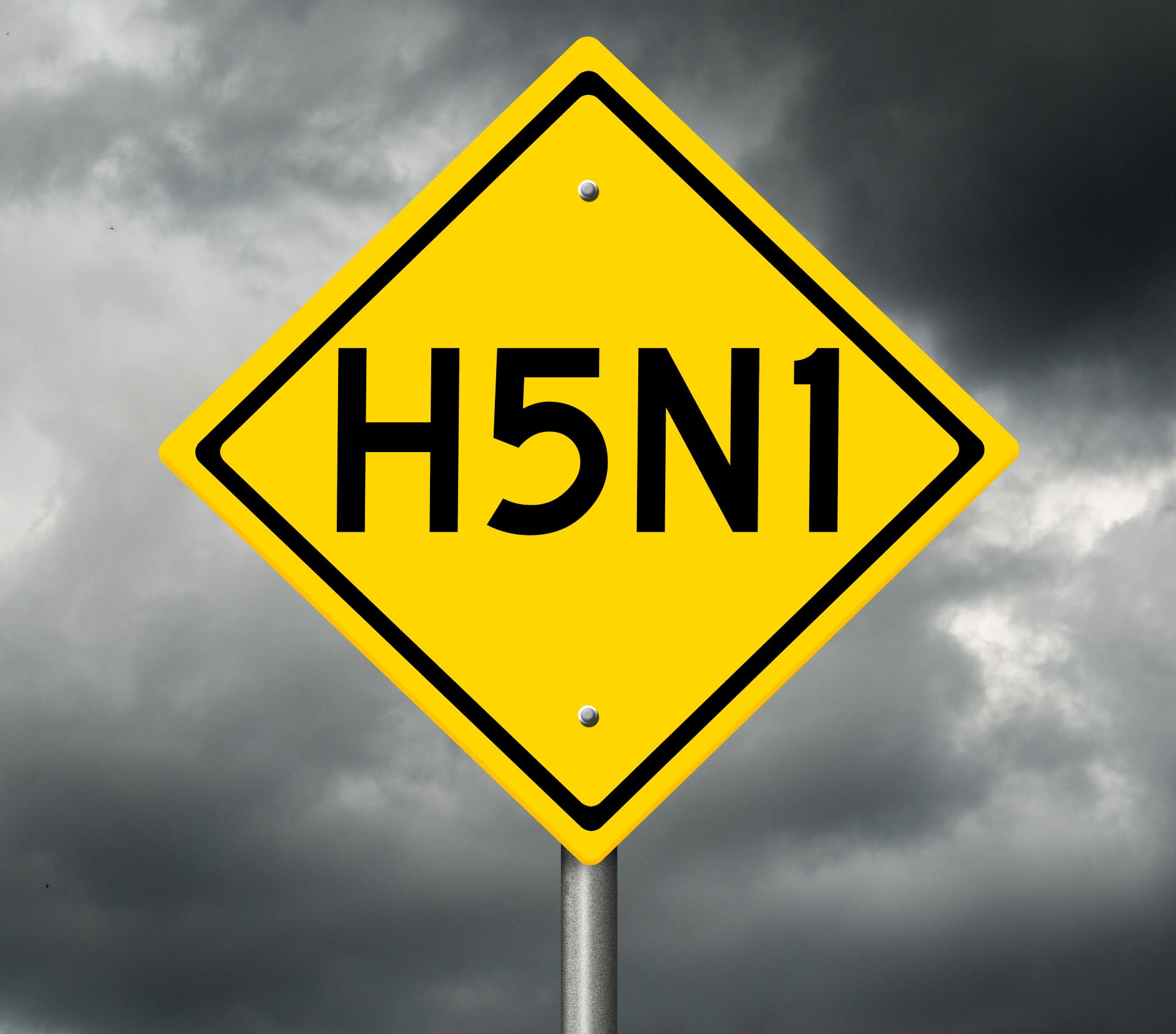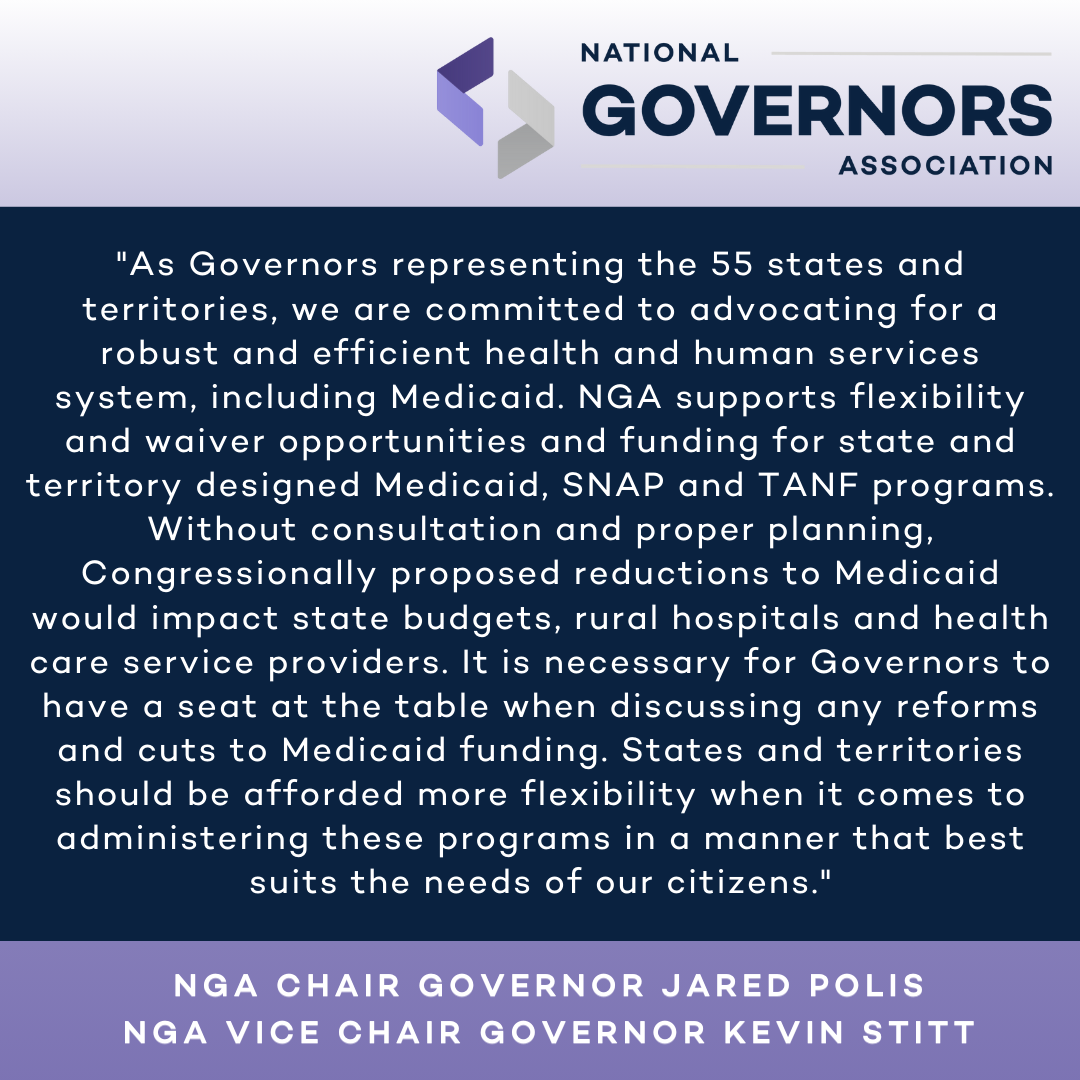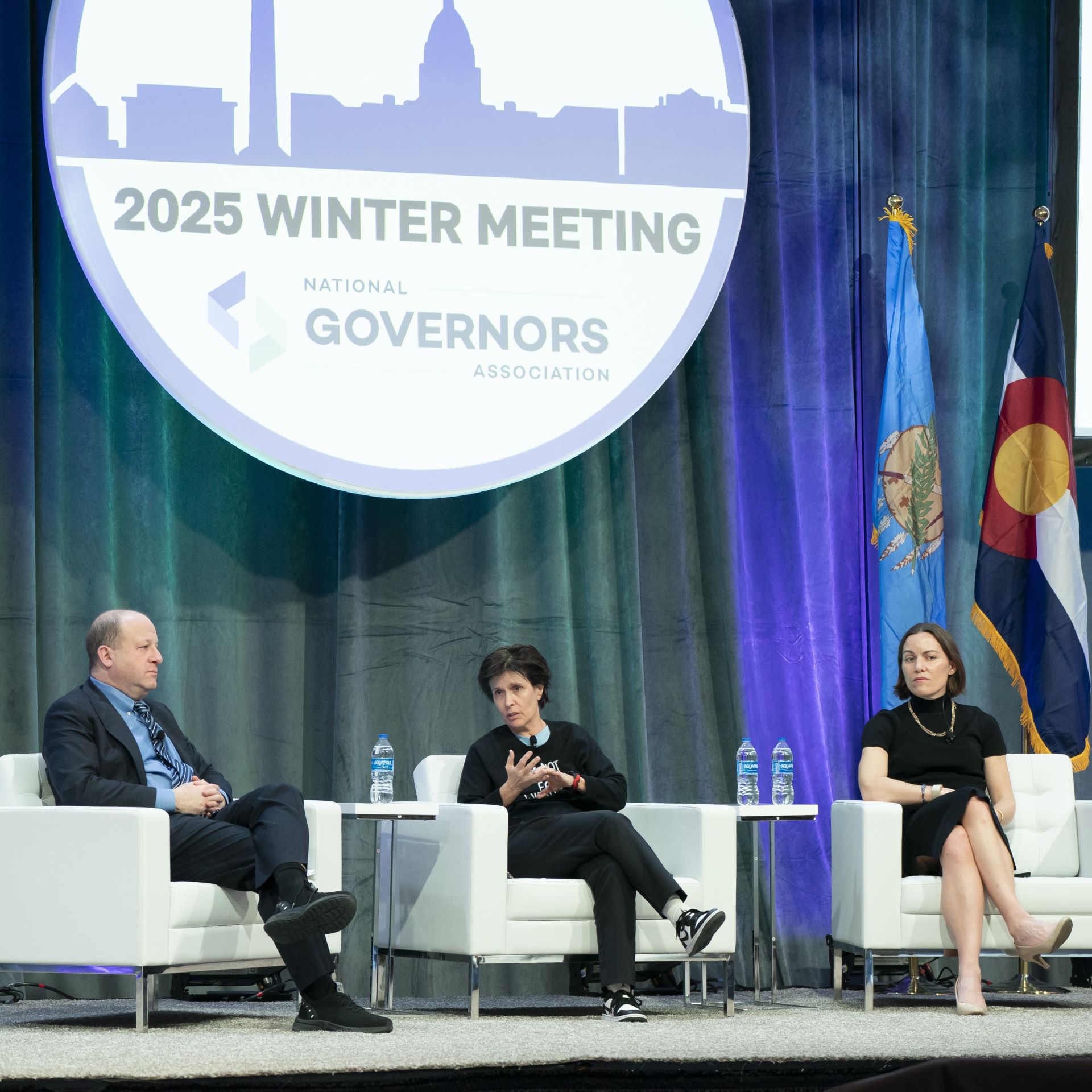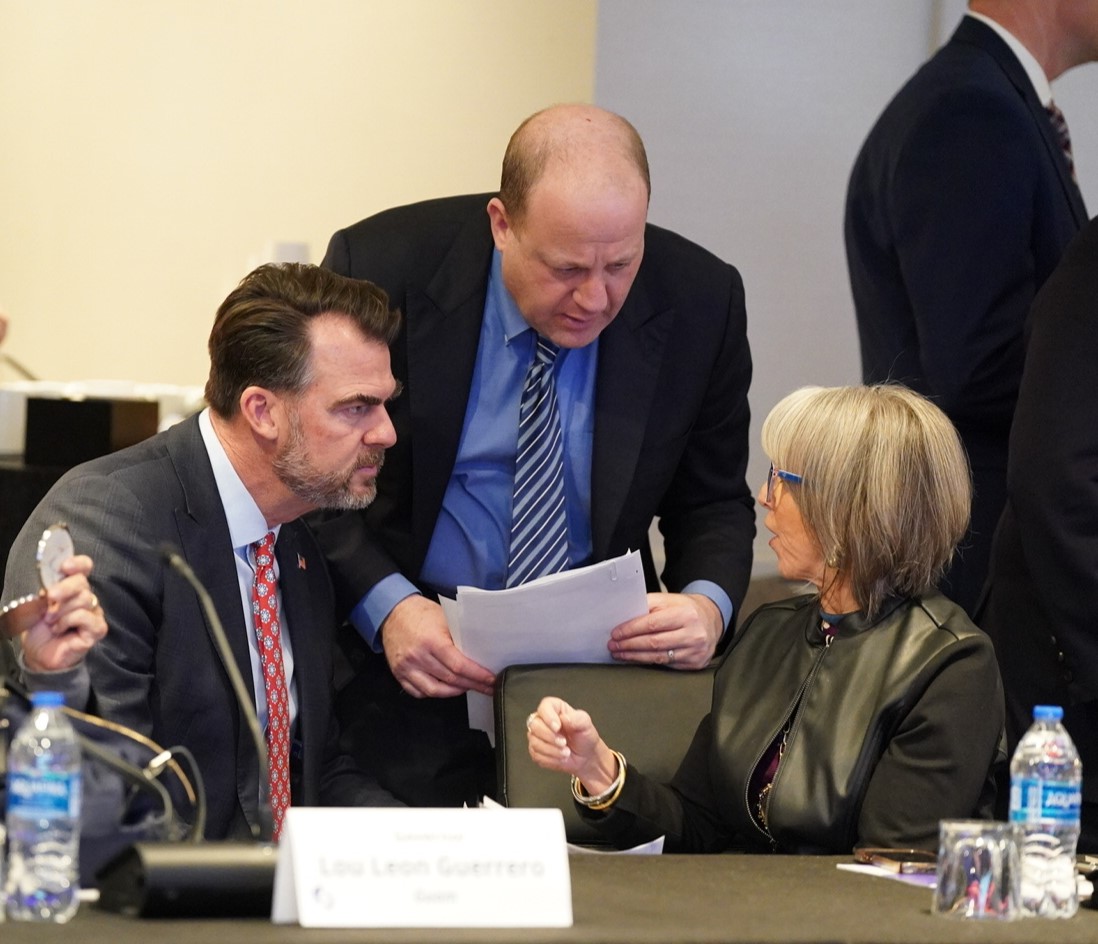Governors and state legislators are increasingly focused on the impact that surprise medical bills have on consumers. In a 2018 Kaiser Family Foundation consumer survey, 39% of respondents said that they had received an unexpected medical bill; 41% of those bills were over $500. A 2016 Yale University study found that 22% of all emergency department (ED) care was likely to lead to a surprise medical bill. Out-of-network ED physicians had average charges of nearly 800% of Medicare, as compared to in-network ED physicians, who were paid close to 300% of Medicare.
In response, an increasing number of states have enacted consumer protection laws to shield individuals from the high costs associated with surprise medical bills. Eleven states have enacted new legislation since 2017, including six states that enacted laws in 2019. To support governors who are seeking new strategies to address this issue, on Oct. 25 and Nov. 1, 2018, the National Governors Association Center for Best Practices Health Division hosted expert roundtables in Washington, D.C., with a broad group of stakeholders. State officials, national experts, health plan representatives, providers, hospitals, consumers and researchers representing California, Colorado, Delaware, Florida, Maryland, Missouri, New Hampshire, New York, Oregon, Pennsylvania, Tennessee, Utah, Wisconsin and Washington discussed key challenges and opportunities for states to protect consumers from surprise medical bills. This report summarizes key considerations that emerged during the roundtables and through subsequent expert interviews and research.













